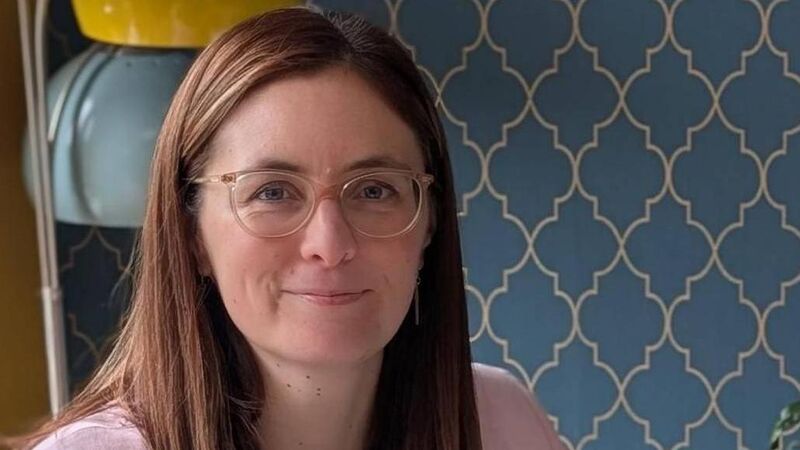Author interview: Youth facing challenges need ‘revolutionary changes’

Sara Cullen taught English in Fife, Scotland, where she saw first-hand how difficult life was for teenagers in areas of high deprivation.
- Blood Red Sky
- Sara Cullen
- Arkbound, €14.50




